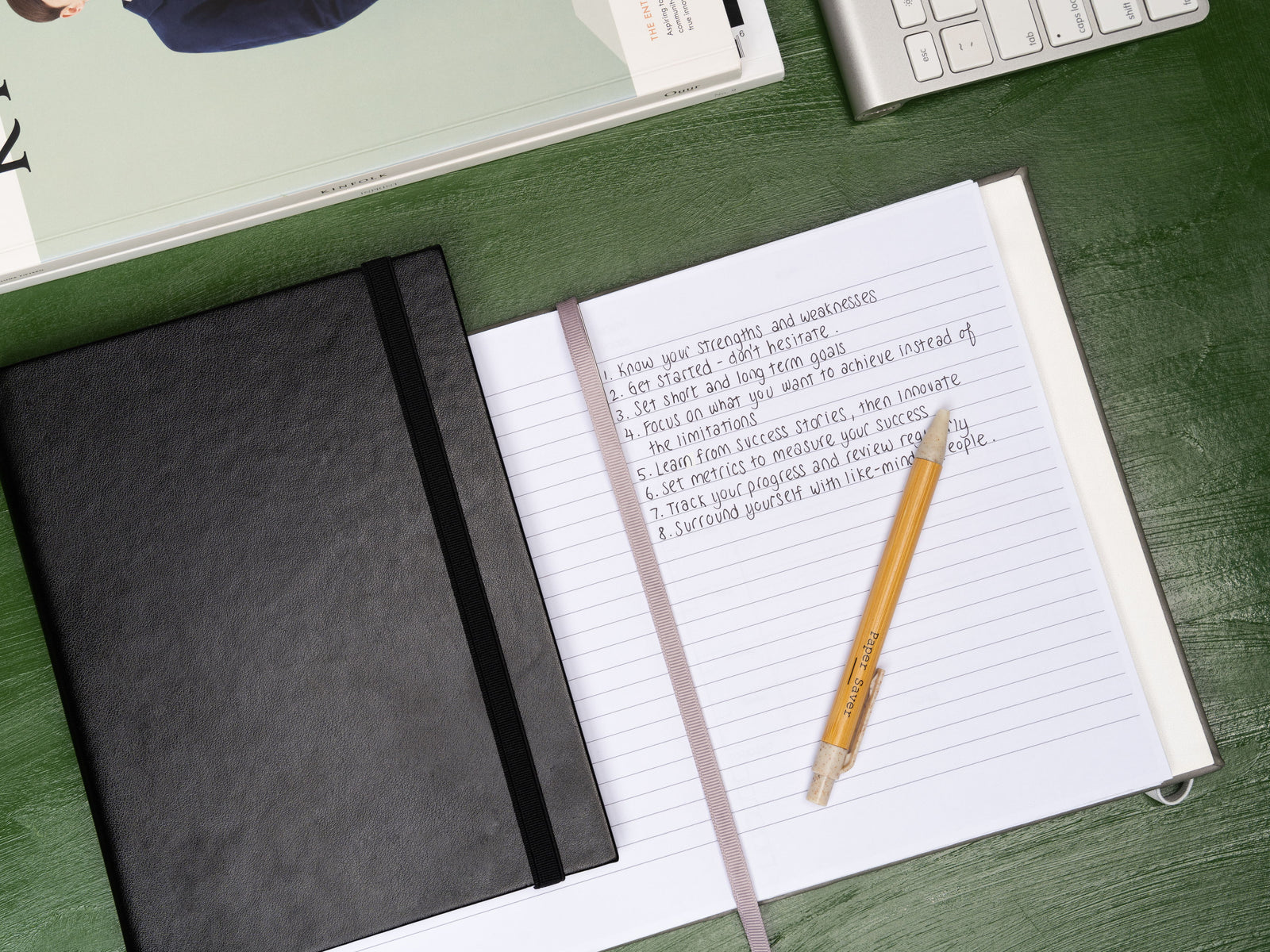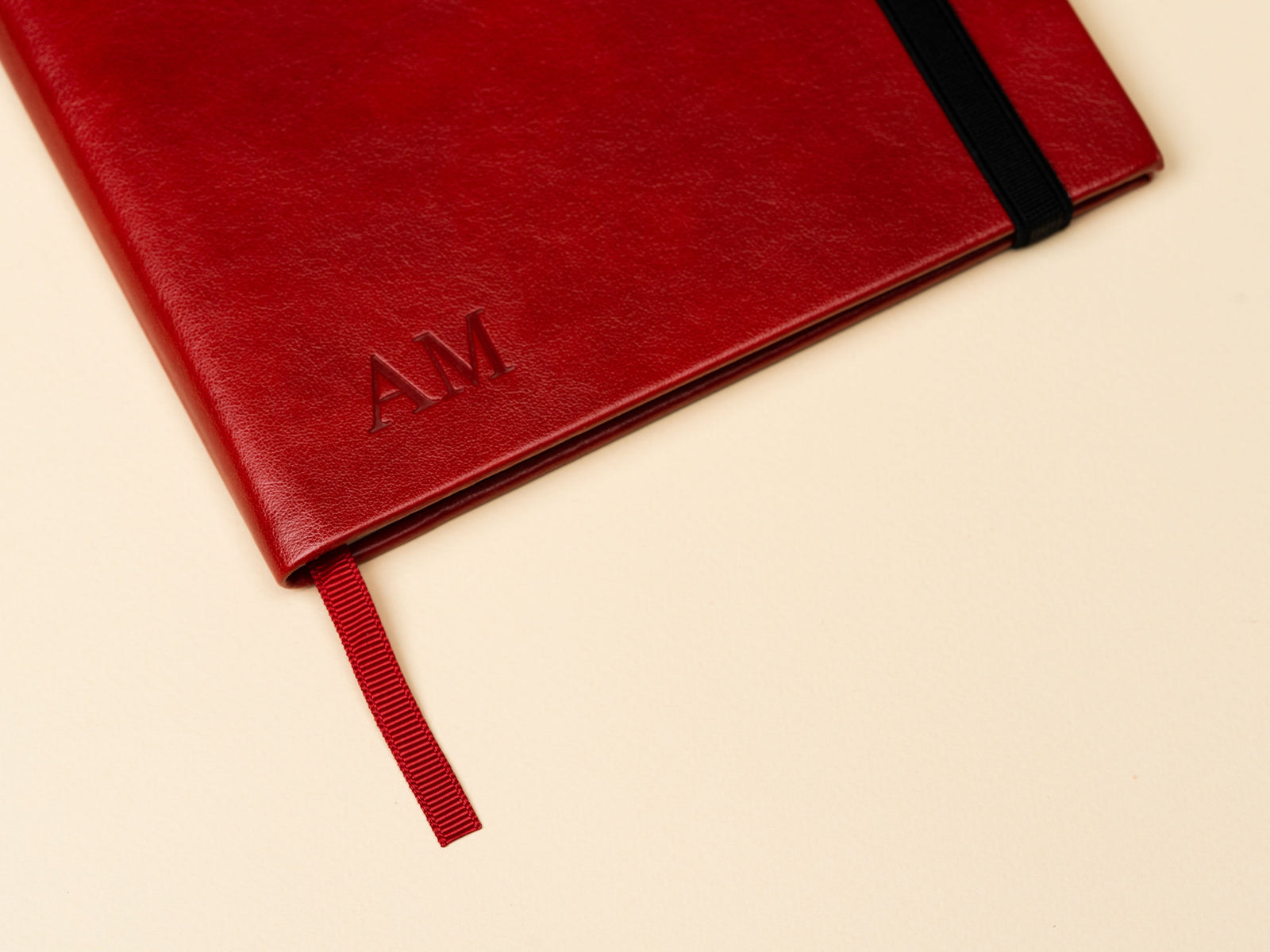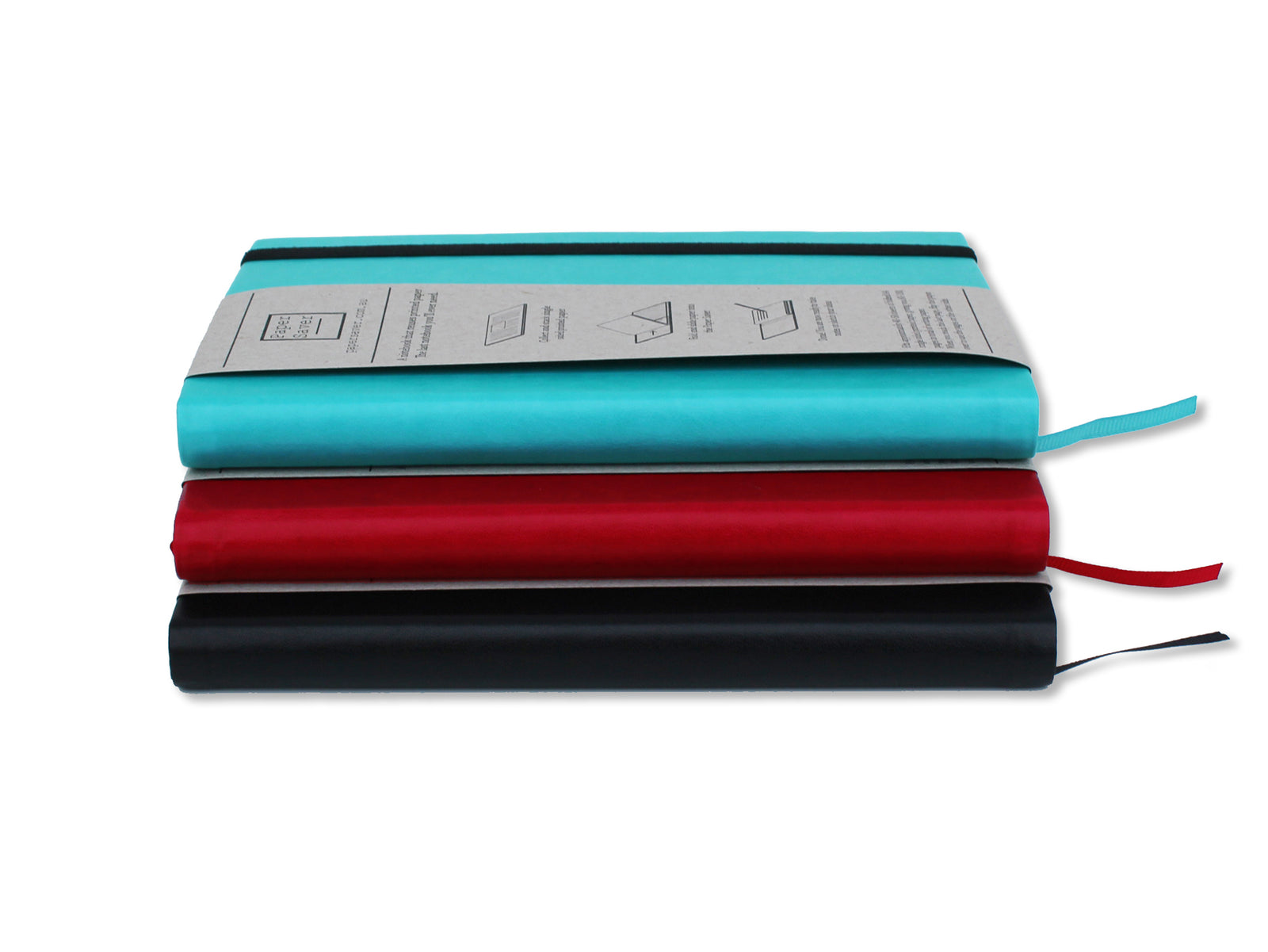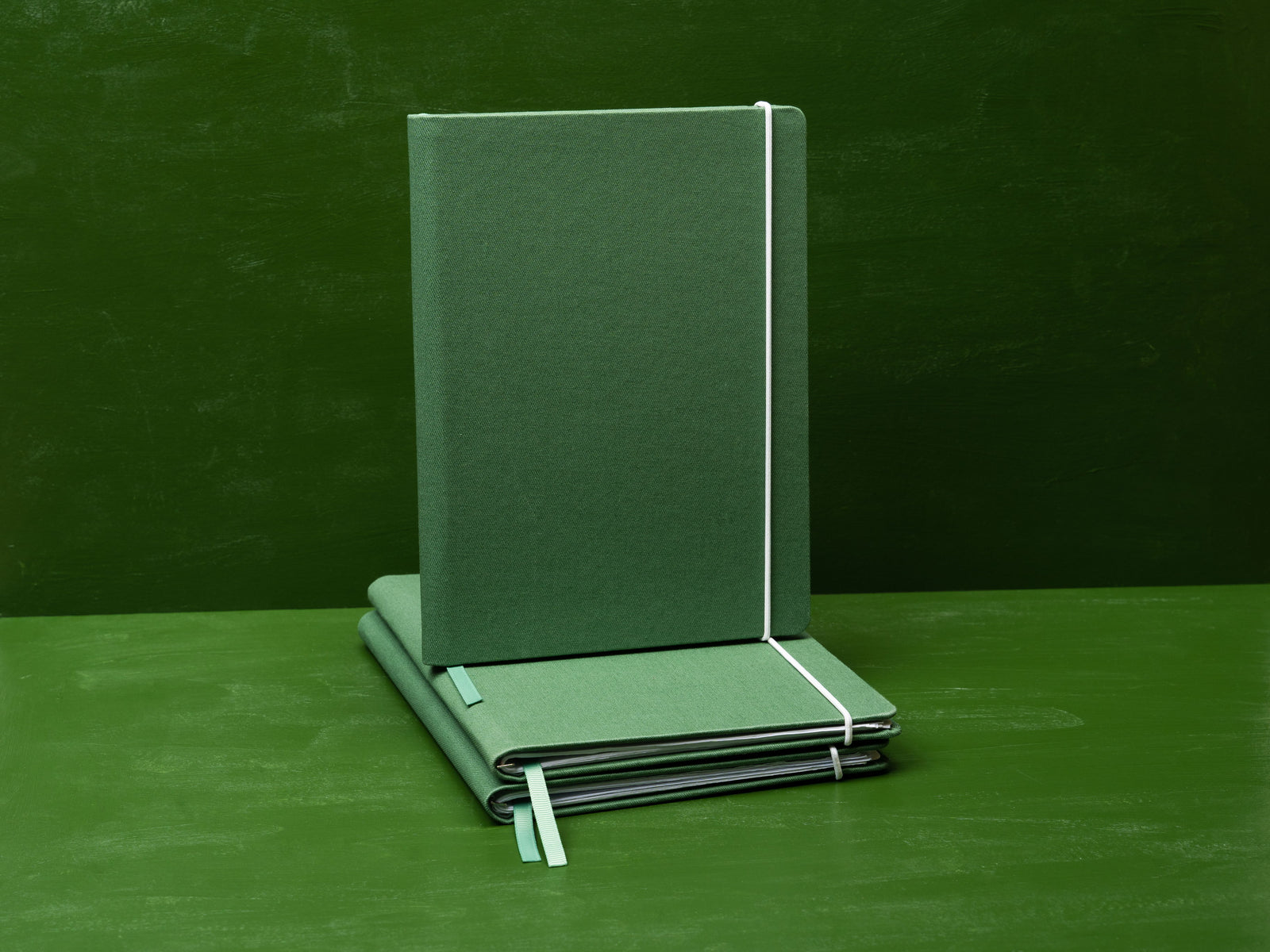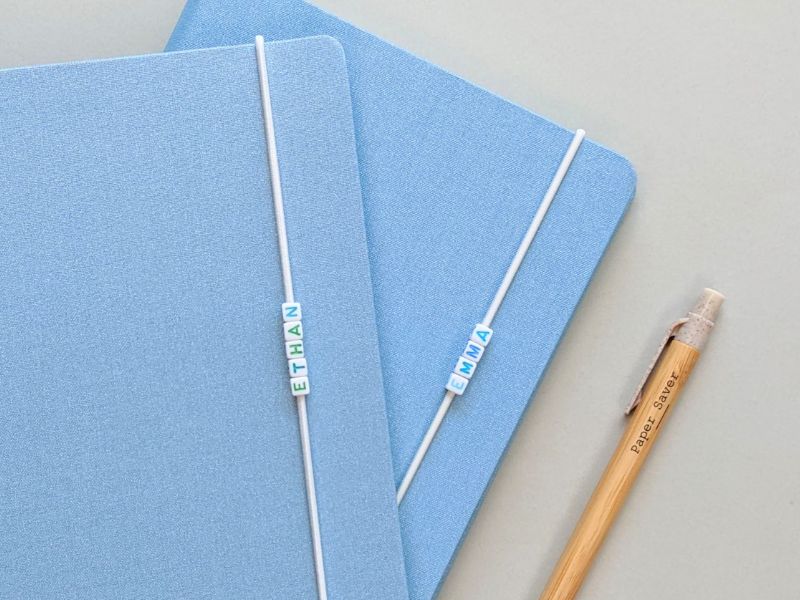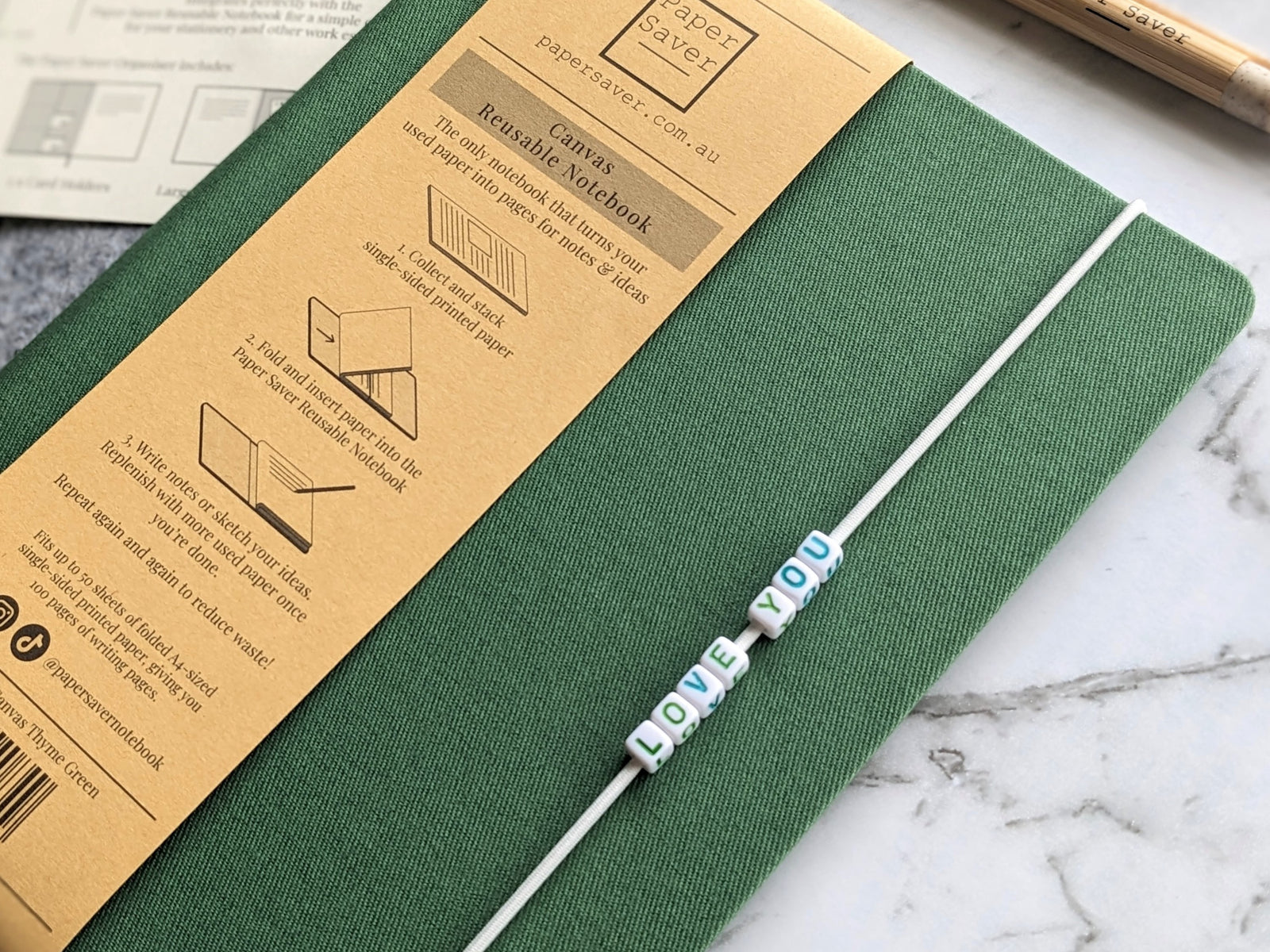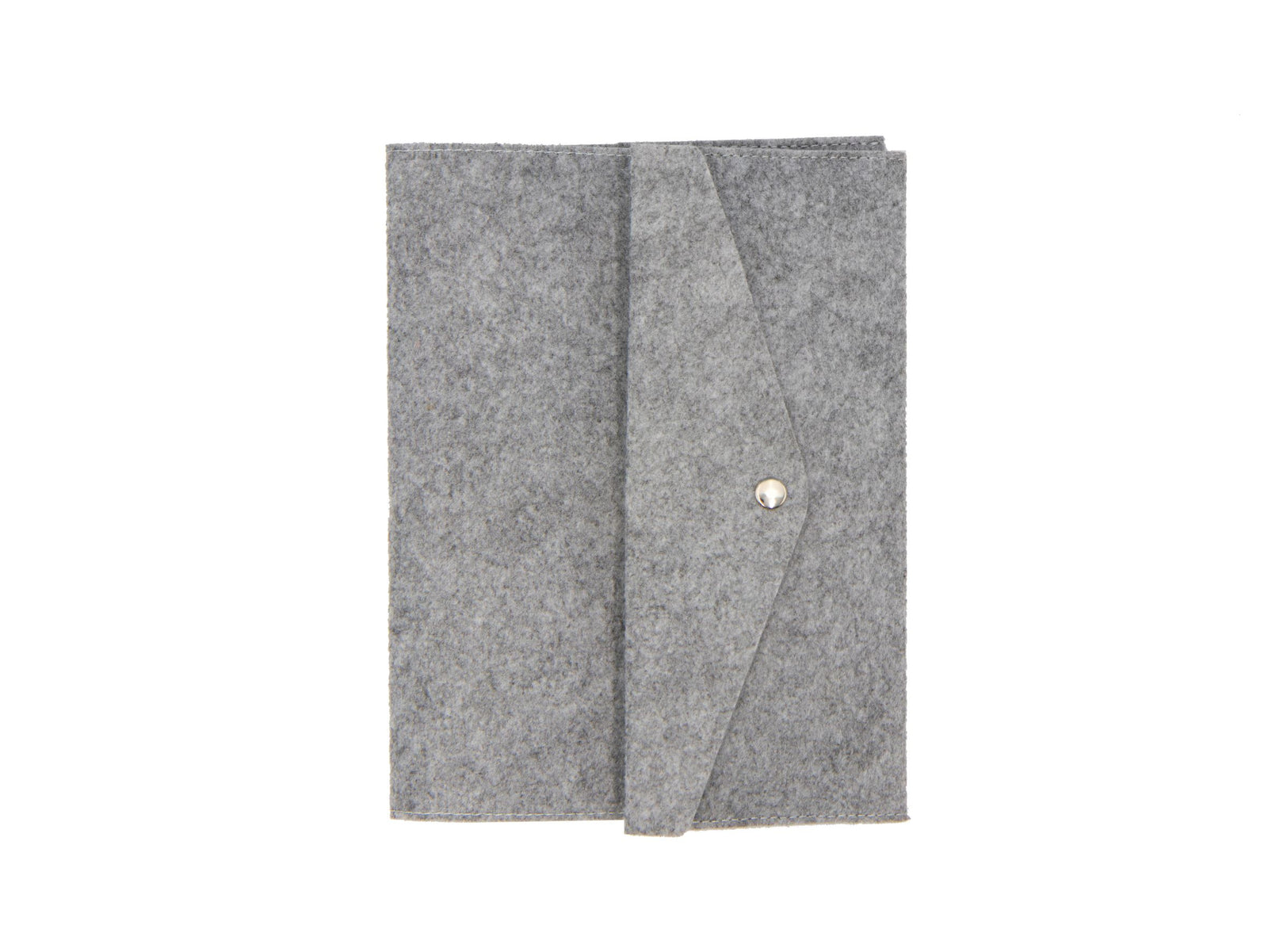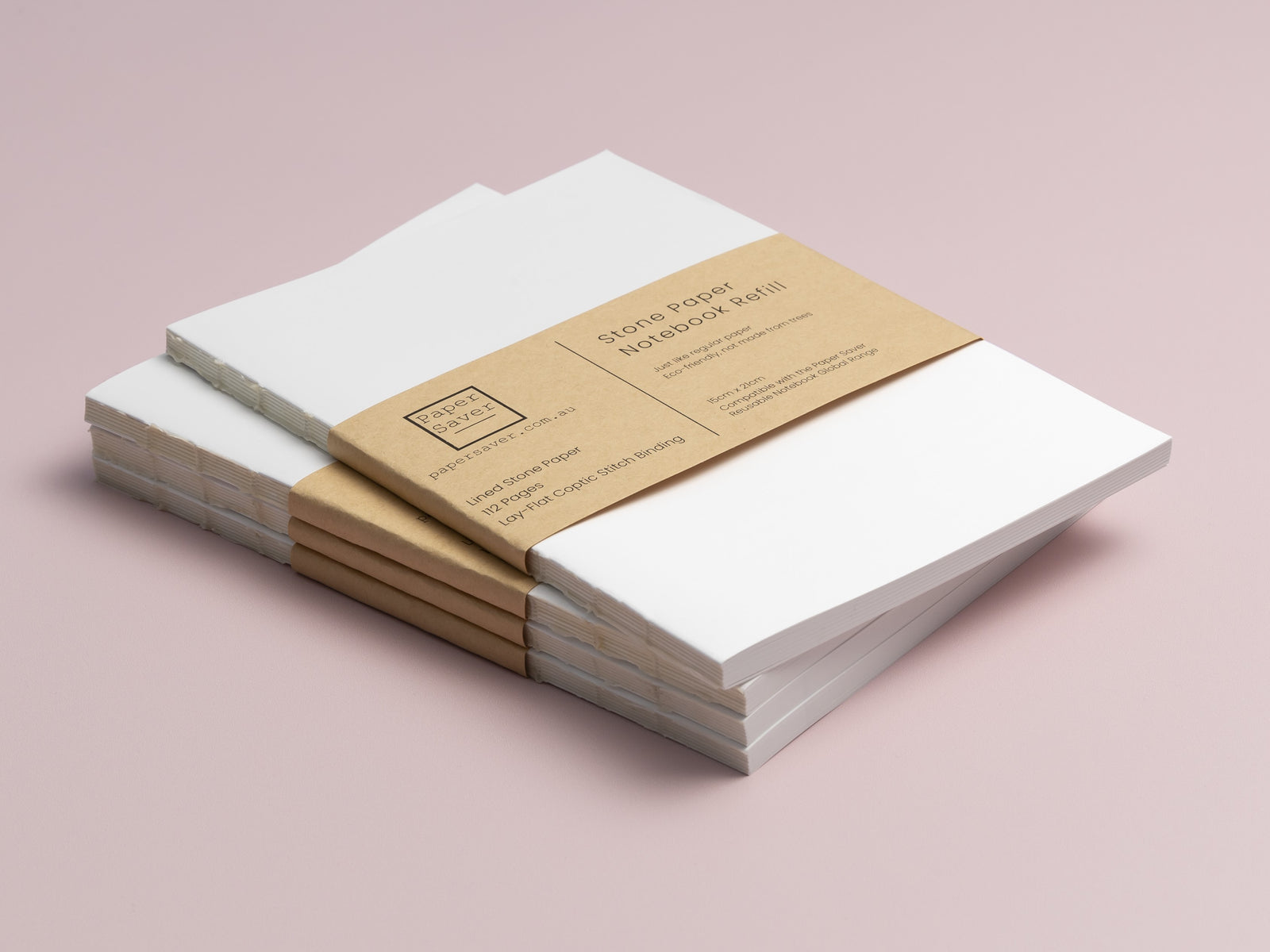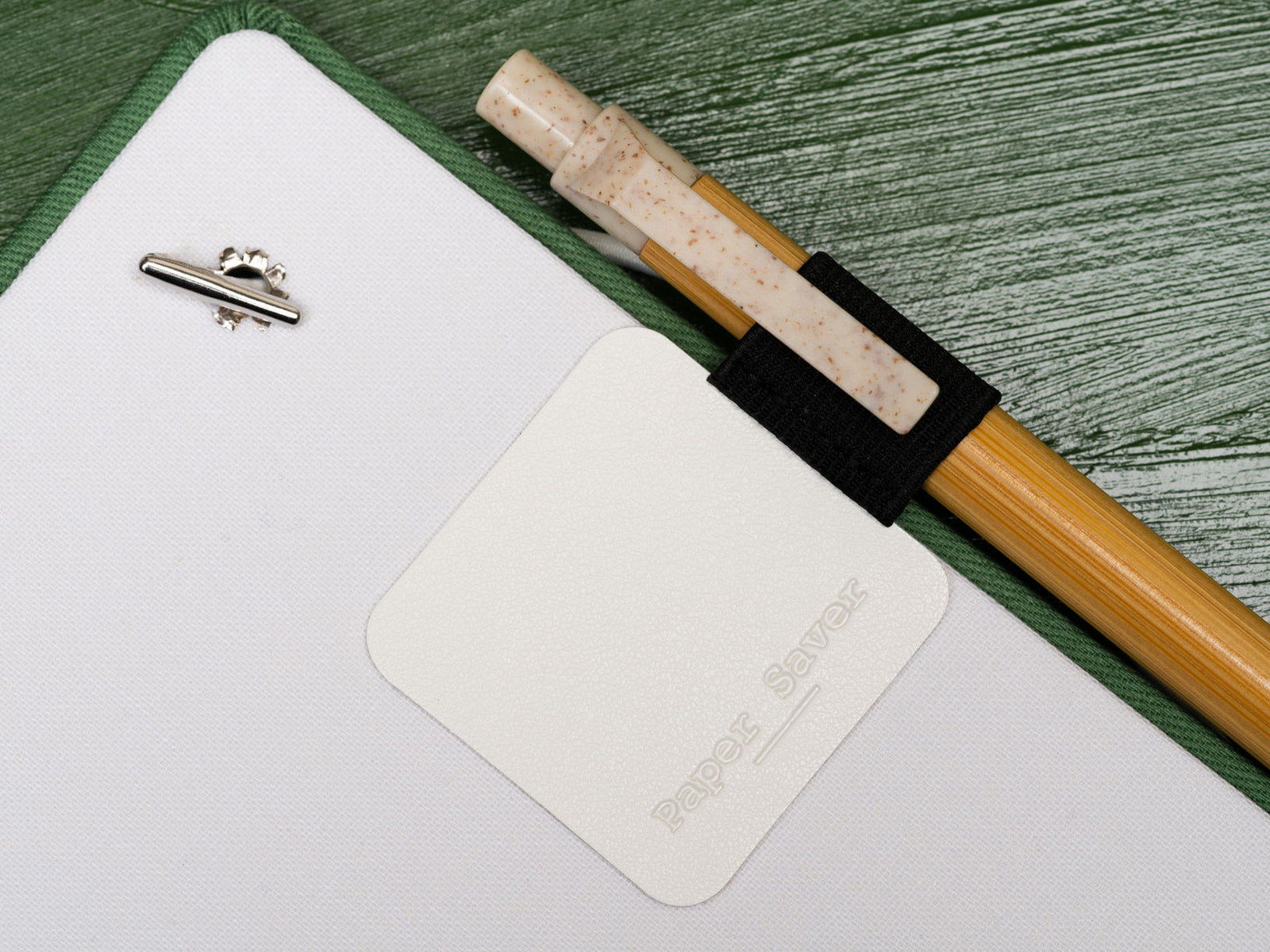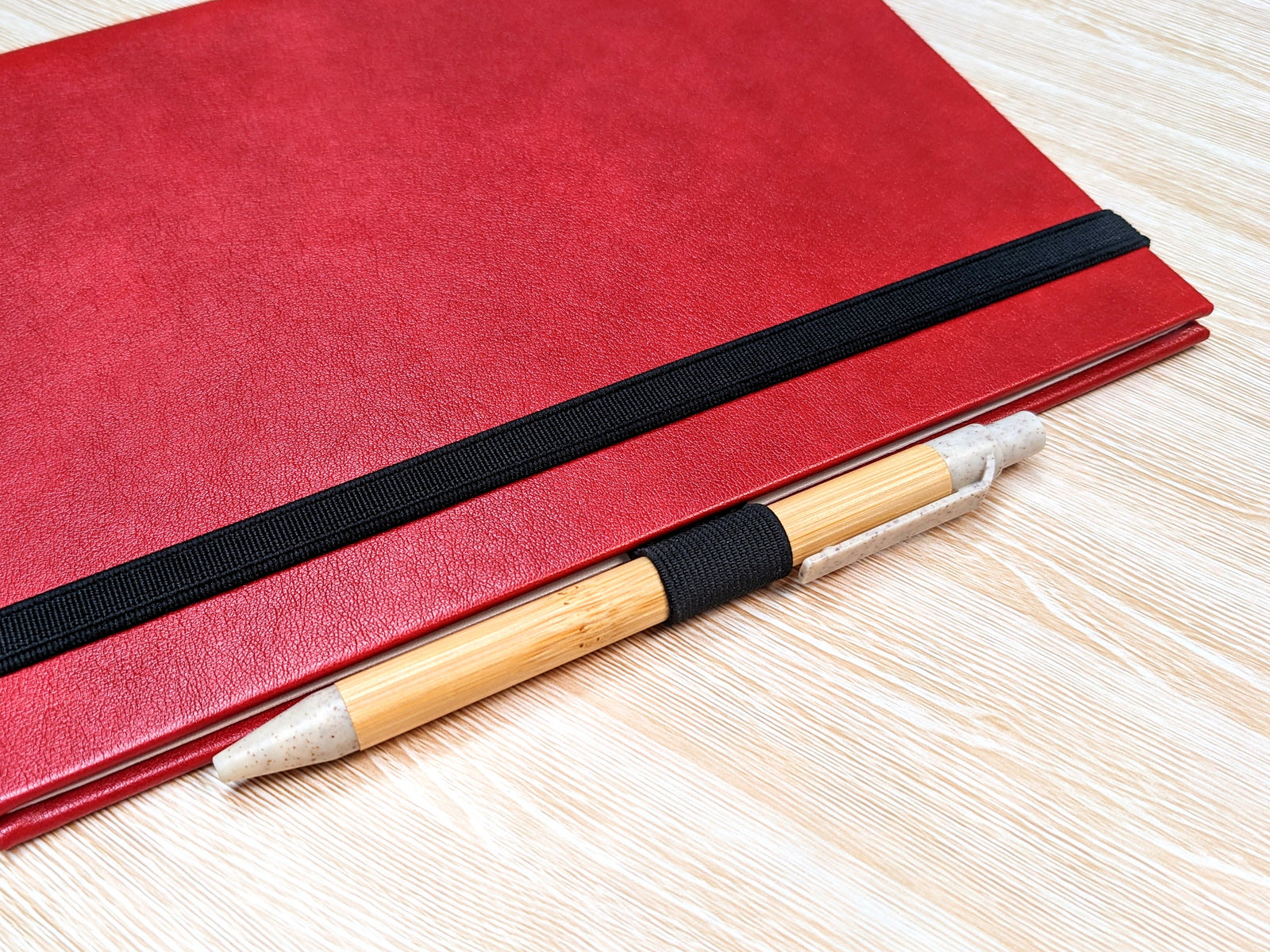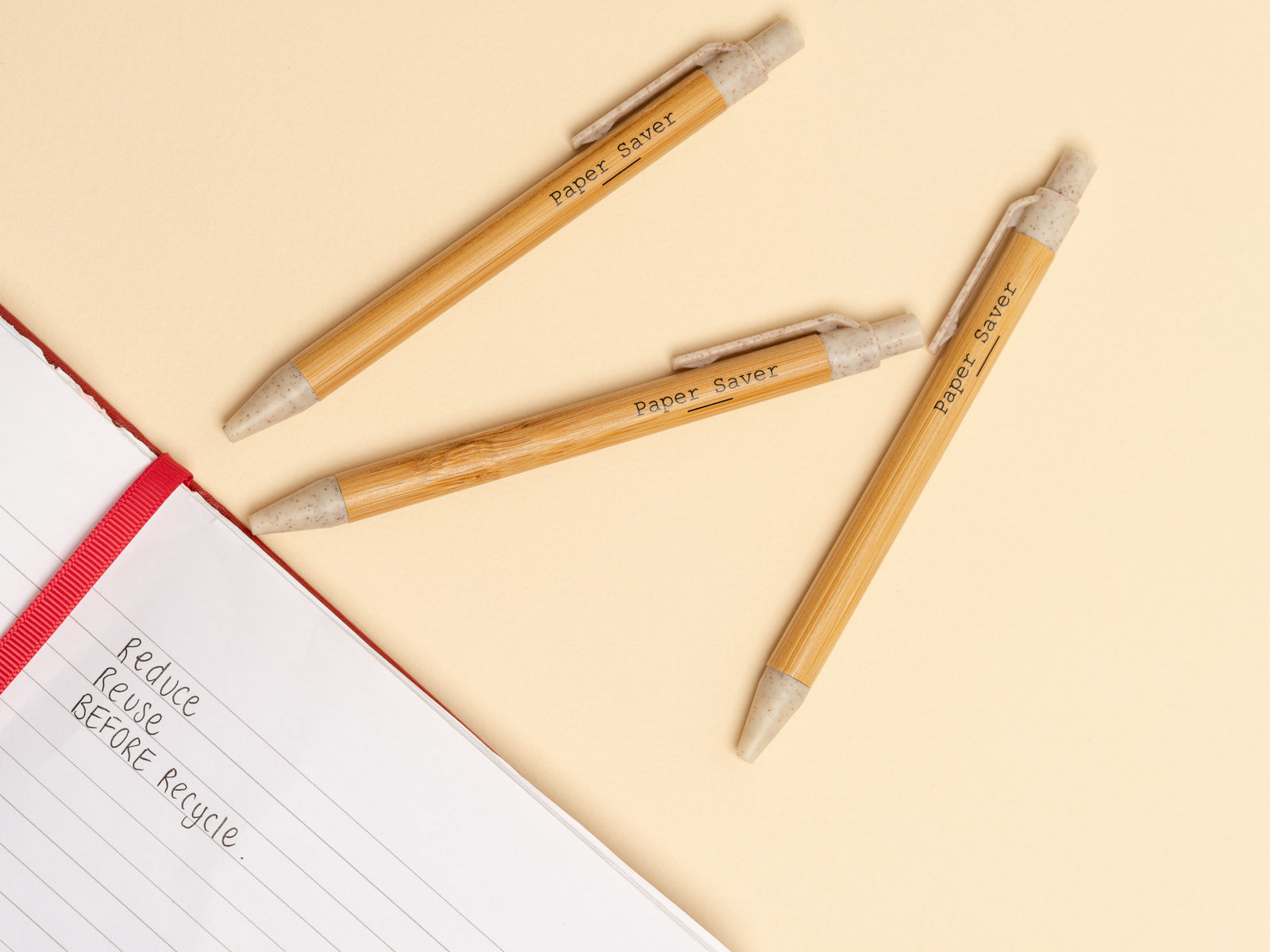FREE AU SHIPPING ORDERS $79+ | FLAT RATE $9
FREE AU SHIPPING ORDERS $79+ | FLAT RATE $9
Header menu
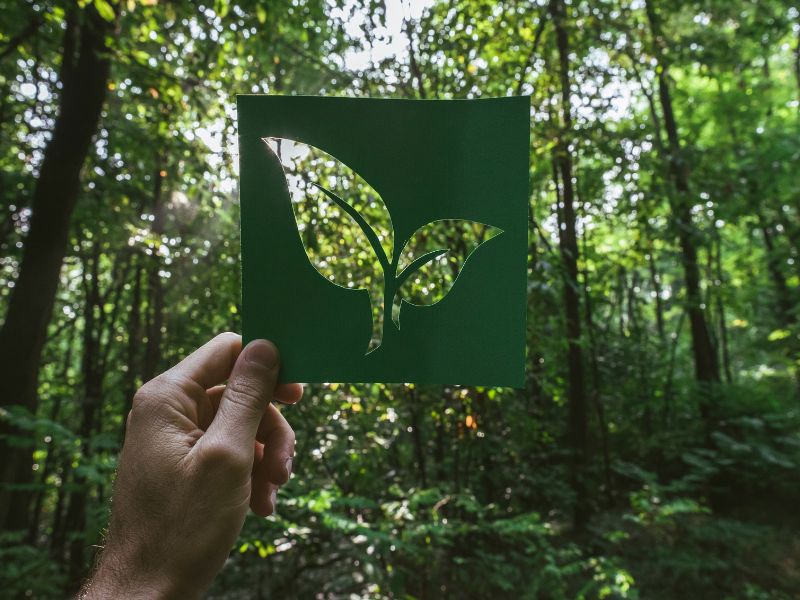
Why Recycling Isn't Enough and What We Need to Change
March 06, 2023 5 min read

It's Global Recycling Day this month - but with the numerous recycling disasters in recent years, these must surely be alerting us that we are simply not doing enough to reduce waste. We all feel good about putting our waste into recycling bins, thinking they will be renewed and given a second life. Who knew it was either shipped overseas to be another country's waste problem, or just packed into a warehouse, forgotten.

Each time, governments and corporations make a song and dance about how they will fix the problem; from when China banned the import of our recycled waste materials in 2018, to the collapse of recycling company SKM in 2019, and most recently, REDcycle's soft plastics collection scheme paused due to at least 12,000 tonnes of plastic waste stockpiled with no destination. These waste management solutions and recycling schemes just aren't working. So, what must happen to stop the cycle of recycling failures?

Recycling is simply a way of slowing down a small part of the waste problem, and is not the solution. Manufacturers will only continue to create wasteful products and packaging if there are consumers buying them.
So, we as consumers need to do our part and help enable a more circular economy where nothing is wasted. We're far from being able to do this as we lack the infrastructure, but we need to at least get started.
We don't need one person reducing waste perfectly; we need everyone reducing waste imperfectly, so here are some simple steps you can make to help us all gradually become a society of less waste for a more sustainable environment:

1. Reduce Waste
We can all reduce a little more waste simply by being more conscious of what we consume and avoiding single-use, disposable items such as:
- Coffee cups - bring your own reusable coffee cup instead! Most cafes even offer discounts when you do!
- Water bottles - why buy water anyway when it's readily available for free?
- Plates, cups & cutlery - while disposable plastic ones are banned in most places now, their single-use paper or wooden counterparts aren't much better as they are still tossed away after just one use!
- Plastic pens - if you think about how many pens you use and lose each year, that's a big amount of plastic waste..!
- Plastic wraps and bags - ✔️Convenient ❌Wasteful ❌Single-use ❌Destined for landfill
As human beings, we are creatures of habit and changes are perceived as an inconvenience. But once you break the habit and try the new, more eco-friendly alternative, you'll see it's actually quite convenient - and better for you AND the environment as well!

2. Reuse
Many items around us are actually more reusable than you think and need not be thrown into the bin:
- Jars and containers - typically thrown into recycling after the original contents such as condiments, spreads, takeaway meals are consumed, many of these can come in handy for reuse to store other leftover foods.
- Bags and boxes - whether received as packaging for gifts or your online shopping, bags and boxes can be reused when you are gifting, for storage, or posting a parcel yourself!
- Excercise books and notepads - most of us are guility of starting a new page in a notebook every time you write in it, or can admit to having half-filled notepads lying around. Try to reuse these and fill up every page to avoid wastage of the trees the paper came from!
-
Paper - often seen as a perishable item, paper is by far one of our most commonly used disposable items, despite it coming from one of our most precious natural resource. Often printed and thrown into recycling without a second thought, you can reuse paper easily and neatly as pages of your own Paper Saver Reusable Notebook.

If you do need new items, choose reusable, biodegradable, or recyclable options rather than disposable ones, especially as more new environmentally friendly choices become available. This ensures that as the product reaches its end of life, you can it won't be adding unnecessary environmental impact.

3. Compost
To reduce your waste even more, put your organic wastes into a compost bin instead of the rubbish bin, and you won't need the larger waste bins that cost more as a result!
Apart from organic waste such as food scraps, did you know you can even compost paper? Recycled paper is often contaminated or left stockpiled. When paper is compressed, it not only ends up taking up to 15 years to decompose instead of the weeks as often assumed due to the lack of oxygen, but it also creates greenhouse gases including carbon dioxide and methane. So, paper composting can be an alternative solution to your paper waste.
Don't have a compost bin yet? Start one by following these easy steps.

4. Maintain, Fix, and Mend
Items such as clothing should be well-maintained to ensure they last longer. Follow the instructions labels on how to best wash and dry clothes. Lint removers are great for giving items a refresh. Mend any small holes and rips if you can - by reducing waste, it all contributes to a more circular economy.
The same applies to other textile and manchester items - a little effort can go a long way to enable a more sustainable way of living.
5. Thrift or Borrow

With the growing awareness of the negative impact of fast fashion on the environment, more of us are understanding the need to buy pre-loved items. Whether you go thrift shopping for clothing or home goods, there are many unique finds waiting for you that cost you less and help reduce your carbon footprint.
It isn't only for people living on a budget, or be more sustainable; I have a friend who thrives on thrift shopping for the vintage and antique finds he was able to discover through his trips that complemented the classic pieces in his home and closet.
Toy libraries are also great if you have younger kids - as they grow so quickly, you can reduce waste and costs by borrowing from your local toy library for age-appropriate toys, and exchange for new ones when they outgrow or become bored. Such a briliant, eco-friendly, cost-saving initiative! Find your closest one here.
THEN, finally recycle.
When an item has well and truly reached its end of life, the previous steps taken should ensure that you haven't created additional negative impact on our planet.
Do you have any other suggestions on how we can better reduce waste? Let us know in the comments below!
Leave a comment
Comments will be approved before showing up.
Want 10% off your next order?
Join the Paper Saver Community for exclusive updates, sales, sustainability tips
PLUS get your free printable templates to help you stay organised.


